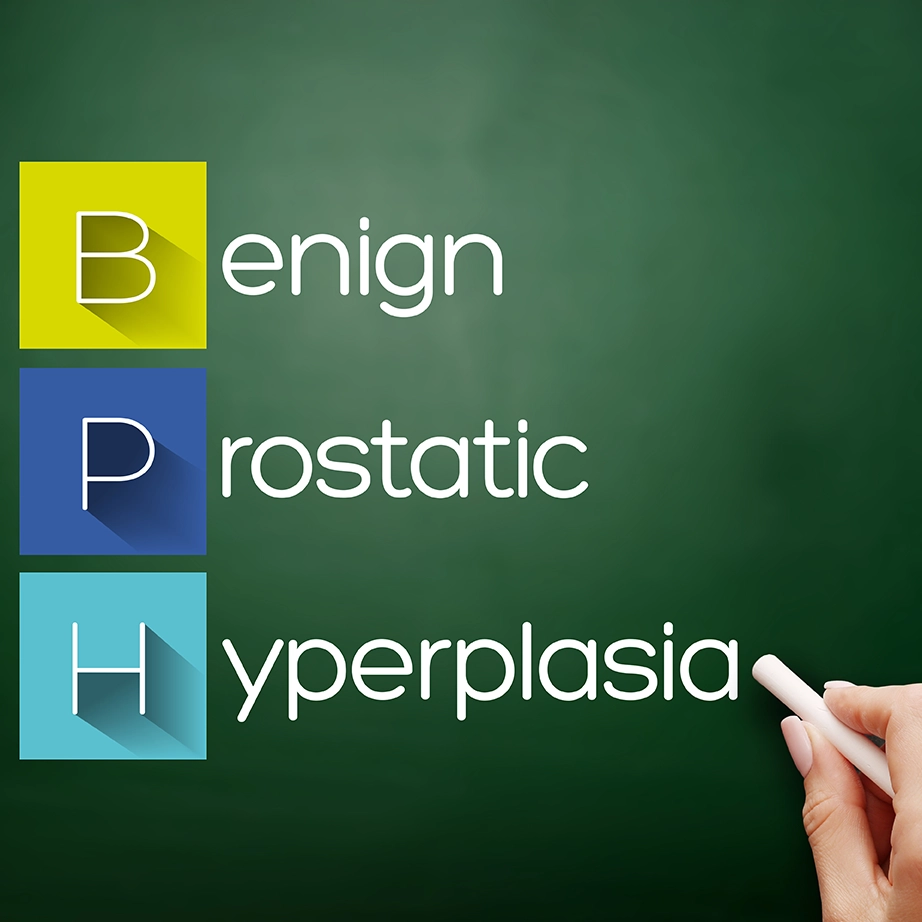Speaker: Dr. Tohid MS Hossain, Bangladesh
Important Takeaways
1. Storage and voiding symptoms often overlap in men with LUTS, with detrusor overactivity present in many cases without BPH.
2. LUTS is not confined to one organ but affects both the prostate and bladder, requiring a holistic treatment approach.
3. Alpha-blockers improve voiding symptoms, while antimuscarinics or beta-3 agonists target storage symptoms effectively.
4. Combination therapy (e.g., tamsulosin + solifenacin) offers superior outcomes compared to monotherapy.
5. Switching drugs is common in OAB treatment due to side effects and variability in patient response.
Key Highlights
Overlapping Symptoms in LUTS and BPH:
Both storage and voiding symptoms are often associated with BPH, but they also appear independently in many cases. For example, almost half of younger men with LUTS have detrusor overactivity without any signs of BPH. This highlights the importance of assessing both prostate and bladder health together.
Pre-Treatment Considerations:
Before initiating therapy, clinicians should evaluate symptom severity through IPSS (International Prostate Symptom Score) and quality-of-life measures, along with assessments of residual urine volume. This helps in deciding the appropriate medical or surgical management.
Role of Combination Therapy:
Research shows that a combination of alpha-blockers with antimuscarinics (like tamsulosin + solifenacin) offers better symptom control than using either drug alone. Such therapies improve both voiding and storage symptoms, leading to higher patient satisfaction.
Switching Treatments for OAB:
Due to the side effects of antimuscarinics (e.g., dry mouth, constipation), patients frequently switch to beta-3 agonists like mirabegron, which have better tolerability and effectiveness for storage symptoms.
EUA Guidelines and Best Practices:
European Urology Association (EUA) guidelines recommend the use of antimuscarinic agents with alpha-blockers for patients with moderate-to-severe symptoms. Beta-3 agonists are also viable alternatives. However, post-prostate surgery, treatment remains challenging due to long-term bladder changes.
Société Internationale d'Urologie Congress, 23-26 October 2024, New Delhi, India.



